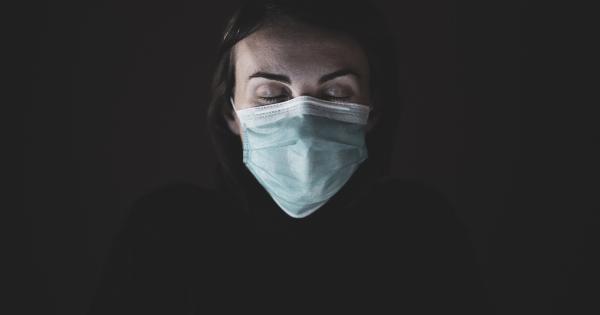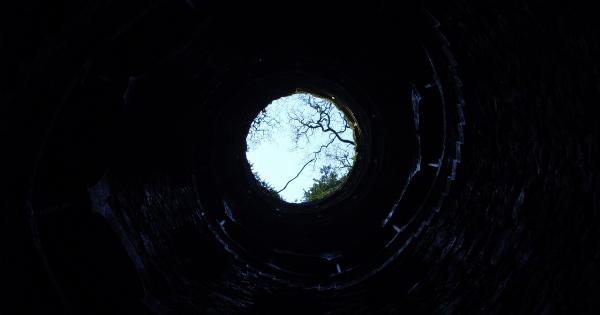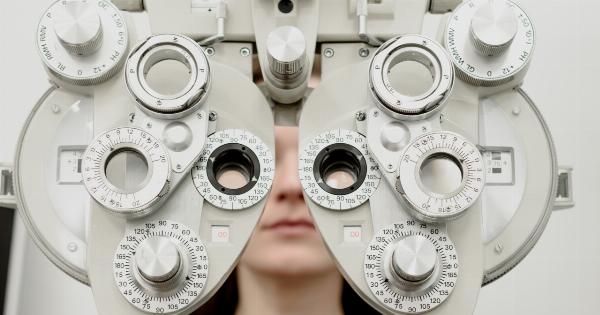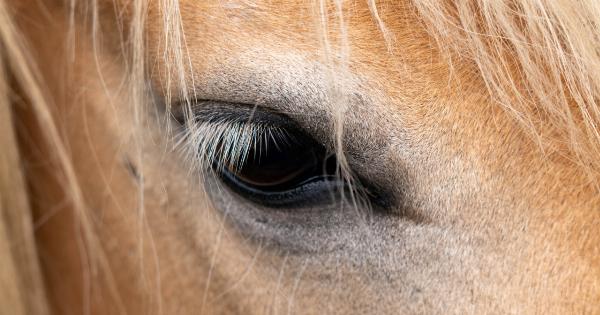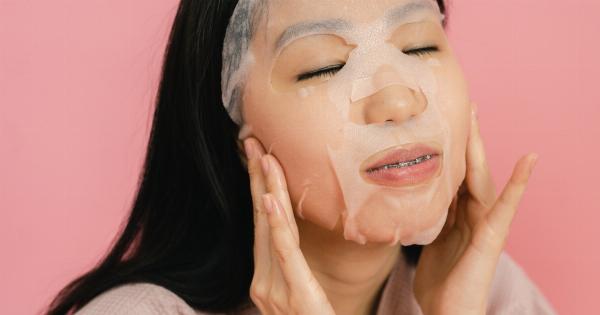When it comes to navigating in low-light conditions, our ability to see clearly is vital. However, some individuals struggle with night vision deficiency, which can significantly impair their vision in dimly-lit environments.
Night vision deficiency, also known as nyctalopia, is a condition that affects the ability to see in low light or darkness. In this article, we will delve into the science behind night vision deficiency, exploring its causes, symptoms, and potential treatment options.
Understanding Night Vision
Before we explore night vision deficiency, it is essential to understand how normal night vision works.
Our eyes contain specialized cells called rods and cones, which are responsible for converting light into electrical signals that our brain processes as visual information. Rod cells are particularly important for low-light vision as they are more sensitive to dim light than cone cells. These rod cells contain a pigment called rhodopsin, which allows them to function optimally in low-light conditions.
The Causes of Night Vision Deficiency
Night vision deficiency can arise due to various factors, including:.
- Vitamin A Deficiency: Vitamin A is crucial for the synthesis of rhodopsin. Insufficient levels of this vitamin can impede the production of rhodopsin, leading to impaired night vision.
- Retinitis Pigmentosa: This inherited disorder causes the gradual deterioration of the retina, eventually leading to night blindness.
- Cataracts: A clouding of the lens in the eye, cataracts can affect the passage of light to the retina, resulting in compromised night vision.
- Glaucoma: Increased pressure within the eye can damage the optic nerve, leading to decreased night vision.
- Side Effects of Medications: Certain medications, such as antihistamines, beta-blockers, and sedatives, can cause night vision problems as a side effect.
Symptoms of Night Vision Deficiency
The symptoms of night vision deficiency can vary depending on the underlying cause. Common symptoms include:.
- Difficulty seeing in low-light environments
- Inability to distinguish objects in the dark
- Increased sensitivity to glare
- Reduced peripheral vision
- General difficulty navigating at night
Diagnosing Night Vision Deficiency
If you suspect you may have night vision deficiency, it is essential to consult an eye care professional. They will perform a comprehensive eye examination, which may include:.
- Visual acuity test
- Contrast sensitivity test
- Retinal examination
- Measurement of intraocular pressure
- Assessment of the health of the optic nerve
Treatment Options for Night Vision Deficiency
Although some causes of night vision deficiency may be irreversible, there are treatment options available to improve low-light vision. These include:.
- Nutritional Supplements: In cases of night vision deficiency caused by vitamin A deficiency, supplements may help to restore optimal levels of this vital nutrient.
- Management of Underlying Conditions: Treating underlying conditions such as cataracts, glaucoma, or retinitis pigmentosa can alleviate night vision problems.
- Minimizing Ambient Light: Reducing the amount of ambient light in your environment can enhance your ability to see in low-light conditions.
- Wearing Corrective Eyewear: Prescription glasses or contact lenses may be prescribed to compensate for any visual impairments.
- Using Night Vision Devices: Night vision goggles or other devices can be helpful for individuals with severe night vision deficiency.
Preventing Night Vision Deficiency
While not all cases of night vision deficiency can be prevented, certain measures can help maintain optimal night vision:.
- Eating a balanced diet rich in vitamin A and other essential nutrients
- Protecting your eyes from excessive ultraviolet (UV) light exposure
- Wearing sunglasses to reduce glare
- Getting regular eye check-ups to detect and address any potential issues early on
Conclusion
Night vision deficiency can significantly impact an individual’s ability to navigate and operate in low-light conditions.
By understanding the science behind night vision deficiency, recognizing its causes, symptoms, and available treatment options, individuals with this condition can take necessary steps to enhance their low-light vision. Regular eye examinations and healthy lifestyle choices can go a long way in maintaining optimal night vision and overall eye health.





